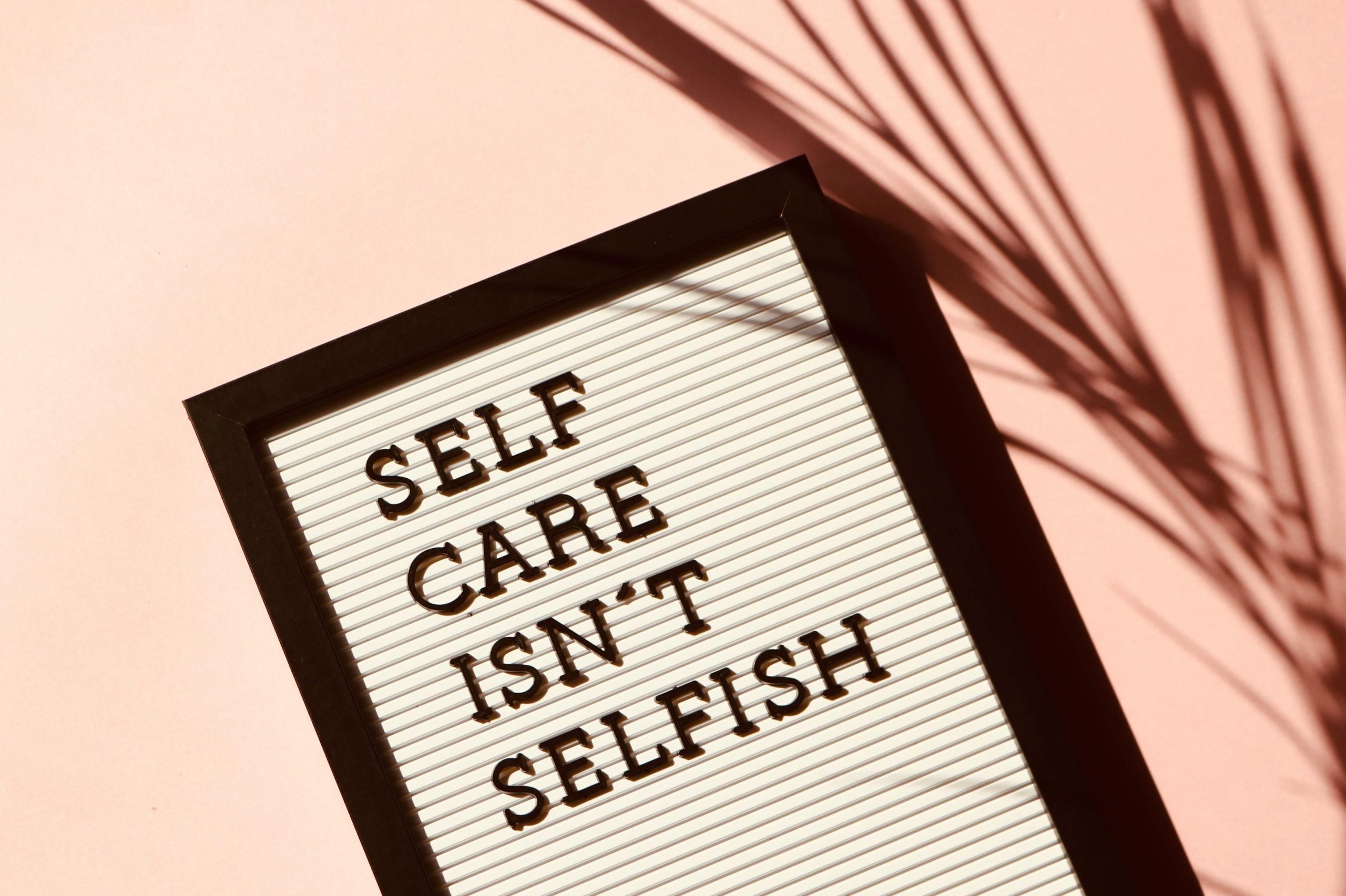Social media has become an integral part of modern teenage life, shaping how young people communicate, learn, and perceive the world. While platforms like Instagram, TikTok, and Snapchat offer opportunities for connection and self-expression, they also pose significant risks to mental health. Research shows that excessive social media use can contribute to anxiety, depression, and low self-esteem among teens. However, when used mindfully, these platforms can also foster creativity, support networks, and educational growth. This article explores the dual impact of social media on teenage mental health, highlighting the risks, potential benefits, and practical coping strategies to help teens navigate the digital world safely.
The Risks of Social Media on Teenage Mental Health
While social media offers many advantages, its negative effects on teenage mental health cannot be ignored. One of the most significant risks is the link between excessive social media use and increased levels of anxiety and depression. Studies suggest that teens who spend more than three hours a day on social media are more likely to experience mental health issues, often due to cyberbullying, social comparison, and fear of missing out (FOMO).
Another major concern is the impact on self-esteem and body image. Platforms filled with edited photos and idealized lifestyles can make teens feel inadequate, leading to negative self-perception. Additionally, the addictive nature of social media can disrupt sleep patterns, as many teens stay up late scrolling through feeds, further exacerbating stress and emotional instability.
Common Mental Health Risks:
- Increased anxiety and depression
- Lower self-esteem and negative body image
- Sleep deprivation due to excessive screen time
- Cyberbullying and online harassment
- Reduced face-to-face social interactions
The Benefits of Social Media for Teenagers
Despite its risks, social media also offers several benefits that can positively influence teenage mental health. For many teens, these platforms serve as a vital space for self-expression and creativity, allowing them to share art, music, writing, and other passions with a broader audience. Social media can also provide a sense of belonging, especially for marginalized groups who may find supportive communities online.
Educational opportunities are another advantage, as platforms like YouTube and TikTok offer tutorials, study tips, and access to global knowledge. Additionally, social media can be a lifeline for teens struggling with mental health issues, connecting them with peer support groups, mental health resources, and professional help.
Key Benefits:
- Encourages creativity and self-expression
- Provides access to supportive communities
- Offers educational content and learning opportunities
- Facilitates connections with mental health resources
- Helps teens stay informed about social causes
How Social Media Influences Teen Behavior
Social media doesn’t just affect emotions—it also shapes behavior. Teens often mimic trends, challenges, and behaviors they see online, which can have both positive and negative consequences. For example, viral fitness challenges might encourage healthy habits, while dangerous trends like extreme dieting or risky stunts can lead to harm.
Peer validation through likes, comments, and shares plays a significant role in shaping teen behavior. The desire for online approval can drive teens to curate unrealistic versions of themselves, leading to stress and identity confusion. On the other hand, positive role models and influencers who promote mental health awareness can inspire healthy behaviors and resilience.
Coping Strategies for Healthy Social Media Use
To mitigate the negative effects of social media, teens and their families can adopt practical strategies to promote healthier online habits. Setting boundaries is crucial—this includes limiting screen time, turning off notifications, and designating tech-free zones at home. Encouraging teens to engage in offline activities, such as sports, hobbies, or face-to-face socializing, can also help balance their digital and real-world interactions.
Open communication between parents and teens about social media use is essential. Discussing the potential risks and encouraging critical thinking about online content can empower teens to navigate social media more mindfully. Additionally, practicing self-care, such as mindfulness exercises or journaling, can help teens manage stress and build emotional resilience.
Effective Coping Strategies:
- Limit daily screen time and take regular breaks
- Unfollow accounts that trigger negative emotions
- Engage in offline hobbies and physical activities
- Talk to trusted adults about online experiences
- Use apps to monitor and reduce social media usage
Conclusion
Social media’s impact on teenage mental health is complex, presenting both risks and benefits. While it can contribute to anxiety, depression, and self-esteem issues, it also offers opportunities for creativity, connection, and education. The key lies in mindful usage and adopting healthy coping strategies to balance online and offline life. By fostering open conversations and setting boundaries, teens can harness the positive aspects of social media while minimizing its potential harm. Ultimately, a balanced approach will help young people thrive in an increasingly digital world.

Leave a Reply